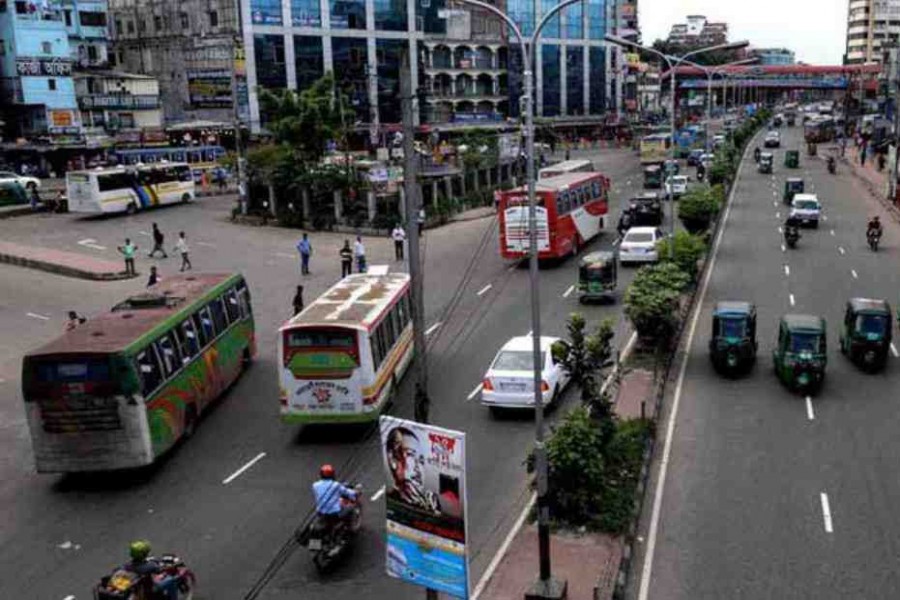It's like brain freeze for the world has never before December 2019 anticipated such widespread disruptions in business. Mad rush of masses to commercial places has almost stopped and offices have been shifted to many homes. Voluntary quarantining or state-imposed lockdown has been applicable for most people on earth today.
This is a unique situation in human civilisation which has only witnessed increasingly higher pace in human activities. It's not been a choice rather fear that drives people to hide their faces from a disease and take shelter in one's shell if possible. Even the most affluent ones cannot flee the country.
When millions are giving priority to saving their lives instead of doing works risking lives, the measures involve financial losses for all those who have made their life dependent on sales and purchase, offering and receiving services, visits and consumption and such practices. We are already hearing around the world, talks of depression in the financial sector that counts money and industries that have to continue manufacturing goods and selling services for operational viability.
If such losses are permanent, though that may not be the case, the protagonists of modern development have not left any alternative lifelines in case there is a pause in what are called productive activities that make people extremely restless. Quarantined or locked down at home, they are now being compelled to take certain amount of rest, notwithstanding their anxiety about health risks and financial challenges on account of possible joblessness.
Still, the living beings are consuming goods and taking a variety of services.Once the current crisis is over, there will be higher demand for goods and services and there will be efforts to overcome the losses incurred by individuals and businesses including big ones.
However, health risks are near equal for all but rescue efforts may not be egalitarian. What makes us obsessed often with is the emphasis on stimulus package advocated by powerful actors, much beyond the commoners who too are losers and perhaps extreme sufferers.
Of course, there will be calculations to assess the losses in monetary terms, caused by the coronavirus outbreak, and such estimation, if done by the state, should not exclude the less powerful but essential actors in production - workers, farmers and common consumers. Should the authorities decide to support the affected industries and people, the distribution of taxpayers' money could be done in an equitable and harmonious manner.
The country's export-oriented garment industry, for example, is arguably the most vulnerable sector which deserves supports. During the crisis, the entrepreneurs may show a sense of responsibility towards workers who would by then be fresh to compensate for the losses by volunteering extra hours when garment units need to produce much higher volumes to carry out overseas orders.
Similarly, various commercial establishments, offices, educational institutions and families would have the scope to overcome what we all perceive as losses, if they can survive the health crisis and social trauma. But logic needs to be applied, instead of getting panicked, to decide the next course of action.
Since, health is the emergency at the moment, we in Bangladesh, like some other nations, may try to develop good habits of health and hygiene and cleanliness that are useful for protecting people from infectious diseases and thus lead a healthy life.
Unfortunately, there was a serious lack of official preparedness on the health front, as reflected in struggles in locating infected persons, denial of treatment of even non-corona patients and shortage of testing kits and protective equipment for physicians. It is only hoped that possible economic crisis should be dealt with prudently.
Despite haphazard conditions in the health sector, deserted streets and public places suggest that most people in cities and rural Bangladesh have given a good account of themselves in terms of discipline and self-restraint. They deserve a better future.


